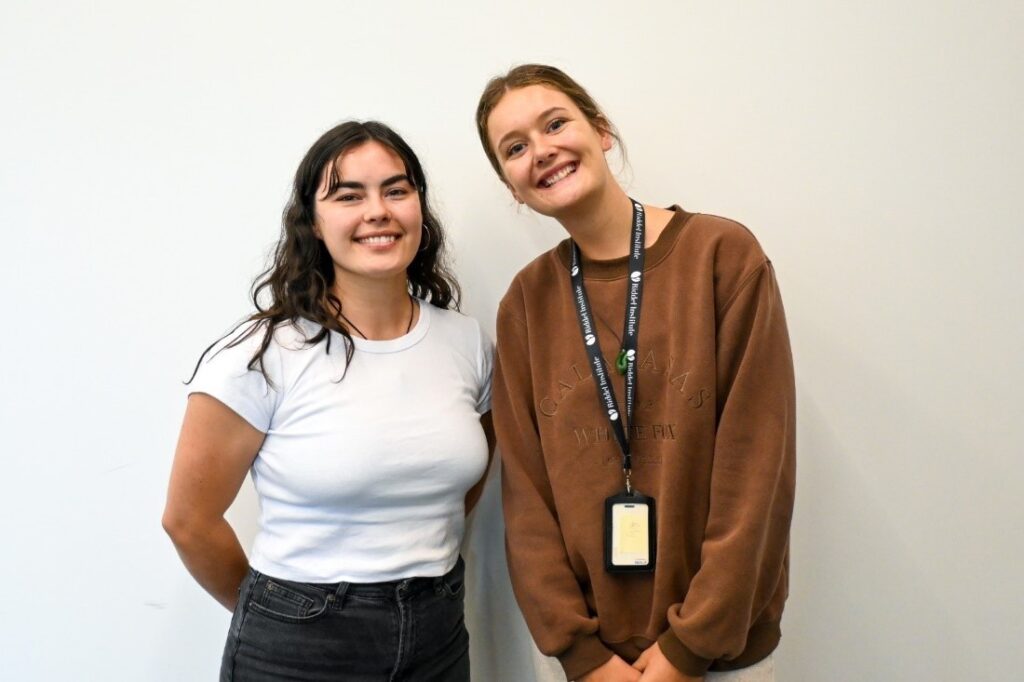This year my Pūhoro internship continued on from my previous internship, where I researched alongside Summer Wright and assisted with her research for her PhD. This time our study focused on unwrapping consumer perceptions of Māori messaging in both NZ and Singapore.
Before I started, Summer had interviewed 30 New Zealanders and 30 Singaporeans. Summer interviewed them using a psychological technique called laddering. This asks participants a series of ‘why’ questions to understand their opinions on something.
Summer wanted to know how people felt about different types of messages used by Māori businesses on their food products. She conducted 1-hour long interviews where she showed participants a set of jars with different messages, and they picked their favourite and least favourite and explained their choice. She also showed participants real products to see what they liked about them. She asked participants about their choices, to understand what they thought the consequences of such a message was and how it related to their personal values.
At the beginning of my internship, I listened to recordings of the interviews. I analysed them and compared my interpretation with Summer’s analysis to make a final evaluation.
The interviews showed both positive and negative attitudes towards Māori messages. See (Fig.1).

We compared results from Aotearoa NZ and Singapore to explore how cultural context influences such attitudes.
In the New Zealand interviews, there was a diverse range of opinions, It really surprised me how strongly so many New Zealanders felt about attributes such as ‘Made on ancestral lands’ and ‘Carbon neutral’ so much so that this would stop them from even purchasing a product with this on the packaging. A small number of the consumers interviewed felt angry and ‘left out’ by these sayings and explained how it came across to them as unfair and left them frustrated. Te Tiriti O Waitangi was bought up several times. During some interviews I struggled to listen as I couldn’t believe what I was hearing and felt so uncomfortable. I understand these discussions add to Summers’ PHD as this is something no one has researched before. Overall, I found it very interesting that some people do still feel resentment about the use of te reo Māori on products.
The Singapore consumers shared values relating to caring for the future, and they recognise these values in Māori messaging associated with products. However, Singaporeans tend to place a higher value on the preservation of culture and tradition which they also identify with in Māori messaging, more so than some New Zealanders.
I thoroughly enjoyed my time back again working with Summer and at Feast. It was easy to transition as I picked up where I left off from last year. The internship showed me what it would be like to work on a PhD if I was to complete my master’s which I found beneficial as previously I wouldn’t have known what type of work is involved in writing a thesis. I also get to experience the 9am – 5pm office experience which shows me what a career like this would be like after university. I am heading into the third and final year studying human nutrition now and by June (hopefully) will also have my Level 5 Certificate in Personal Training.


